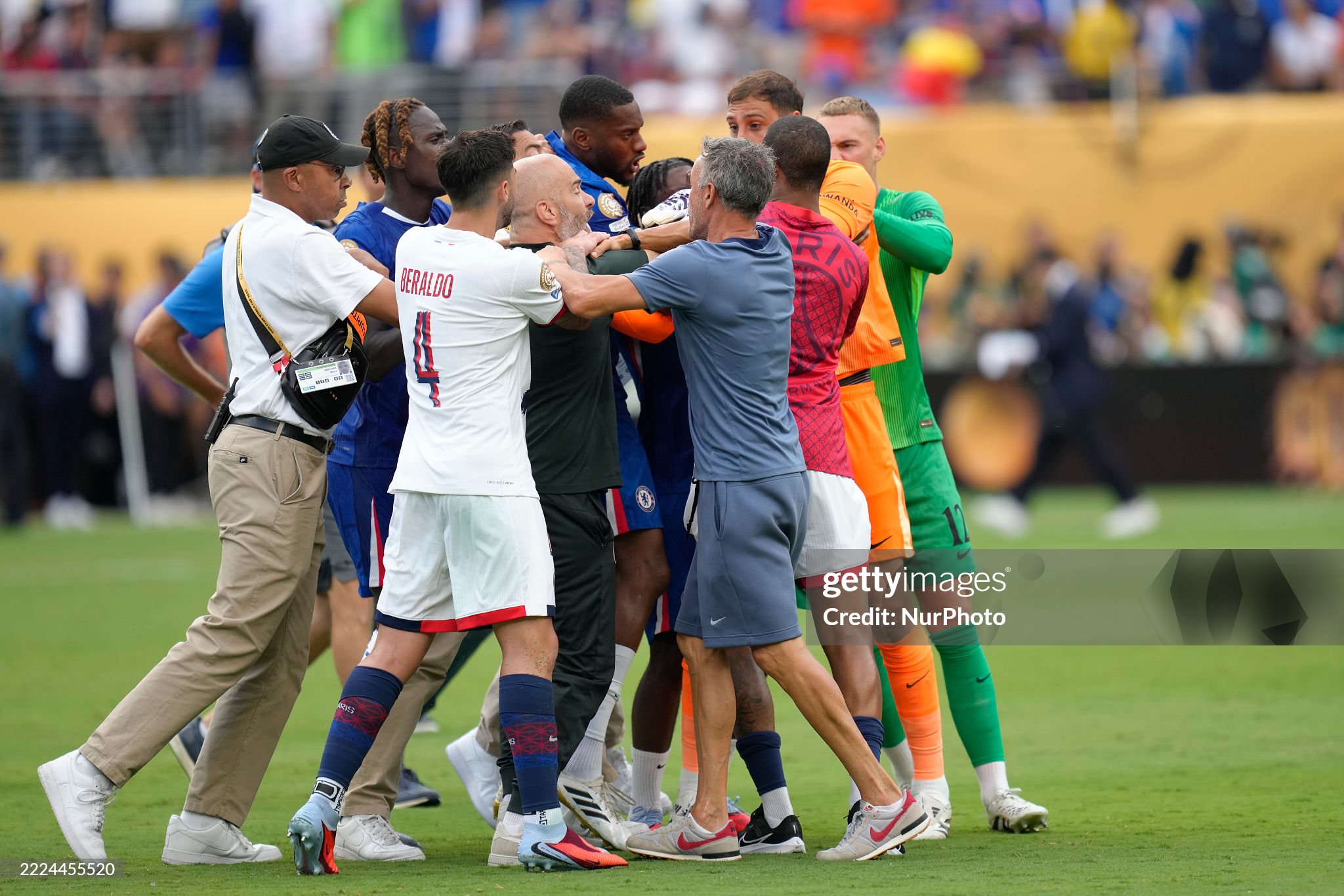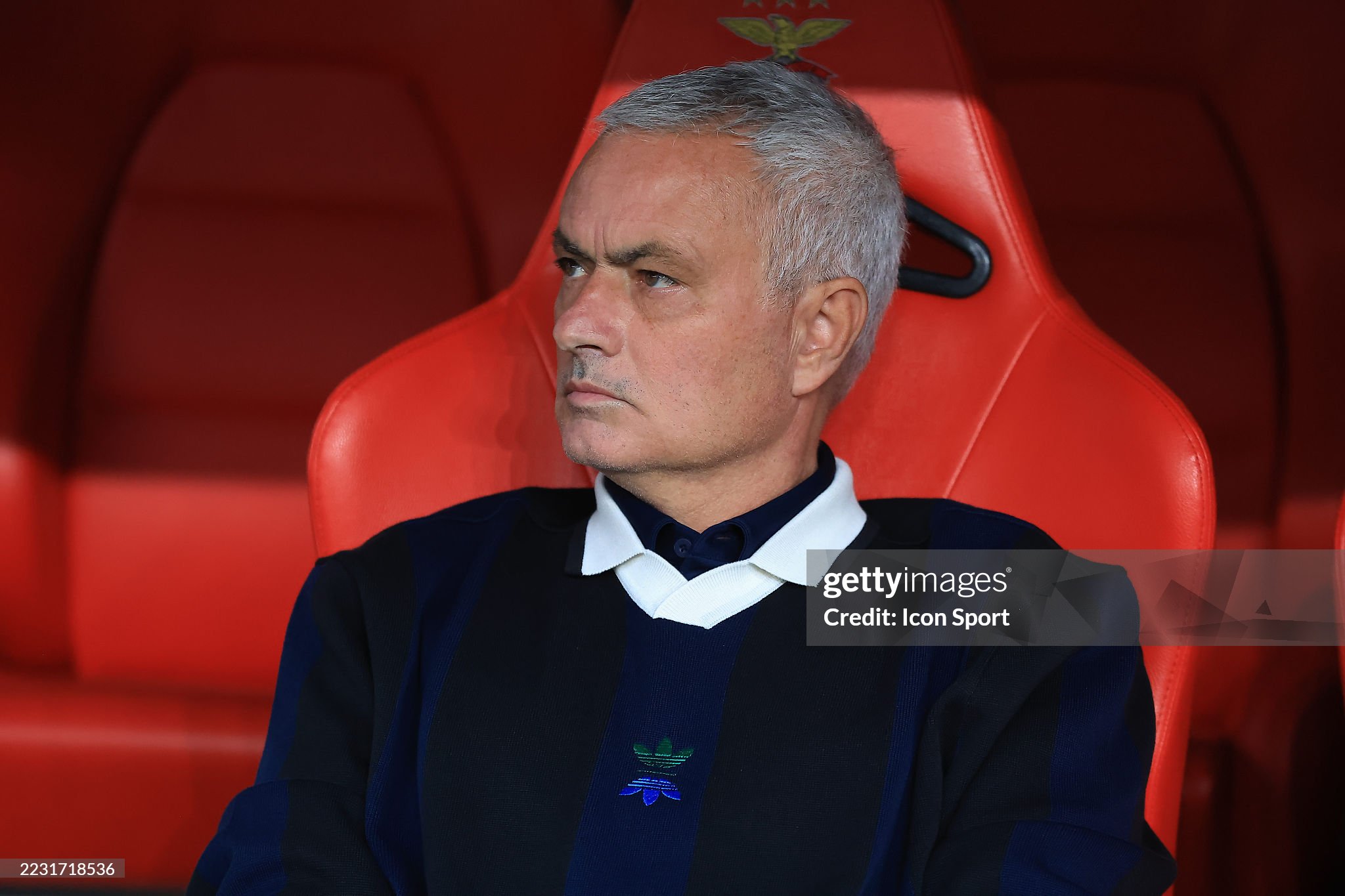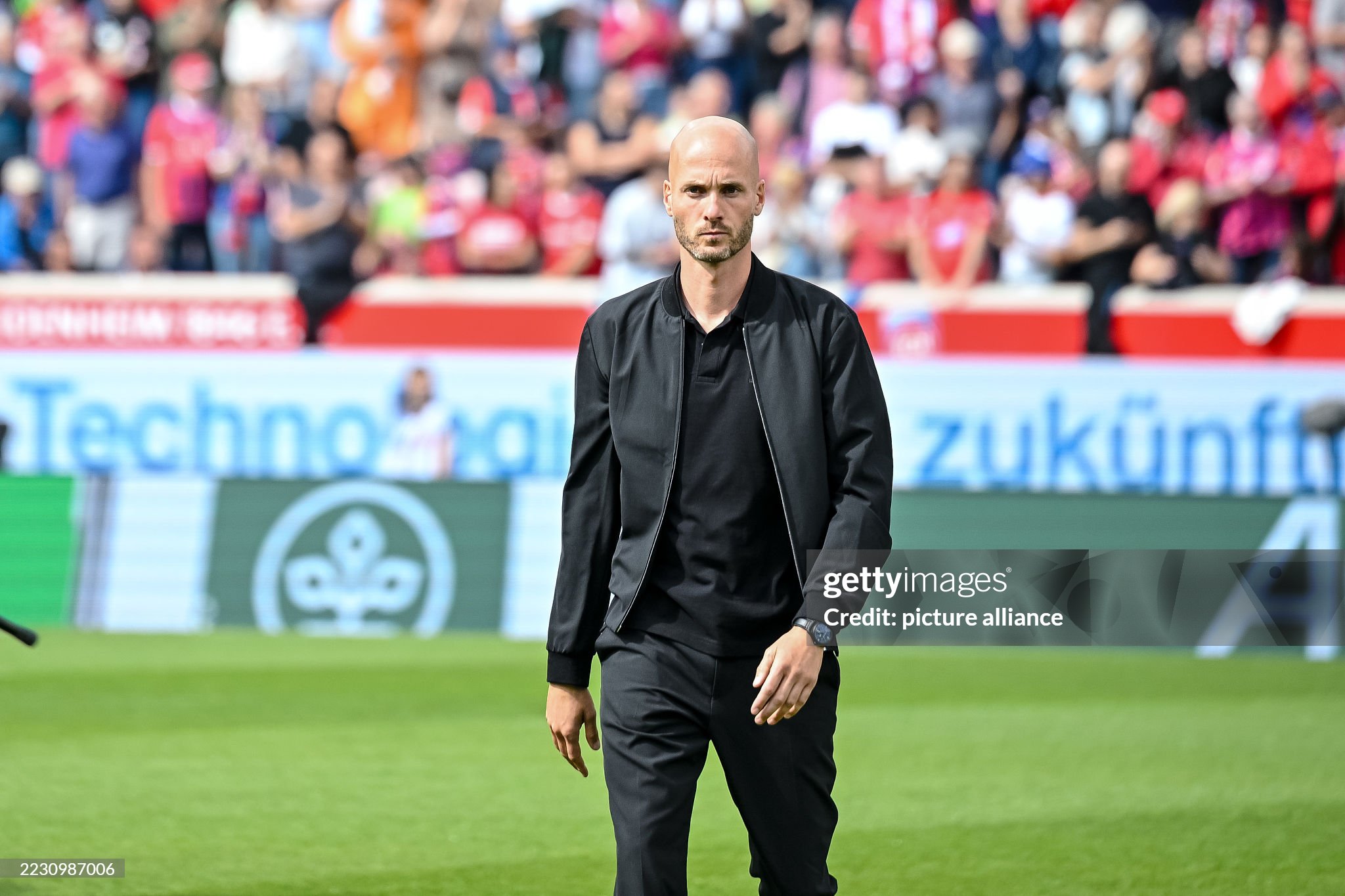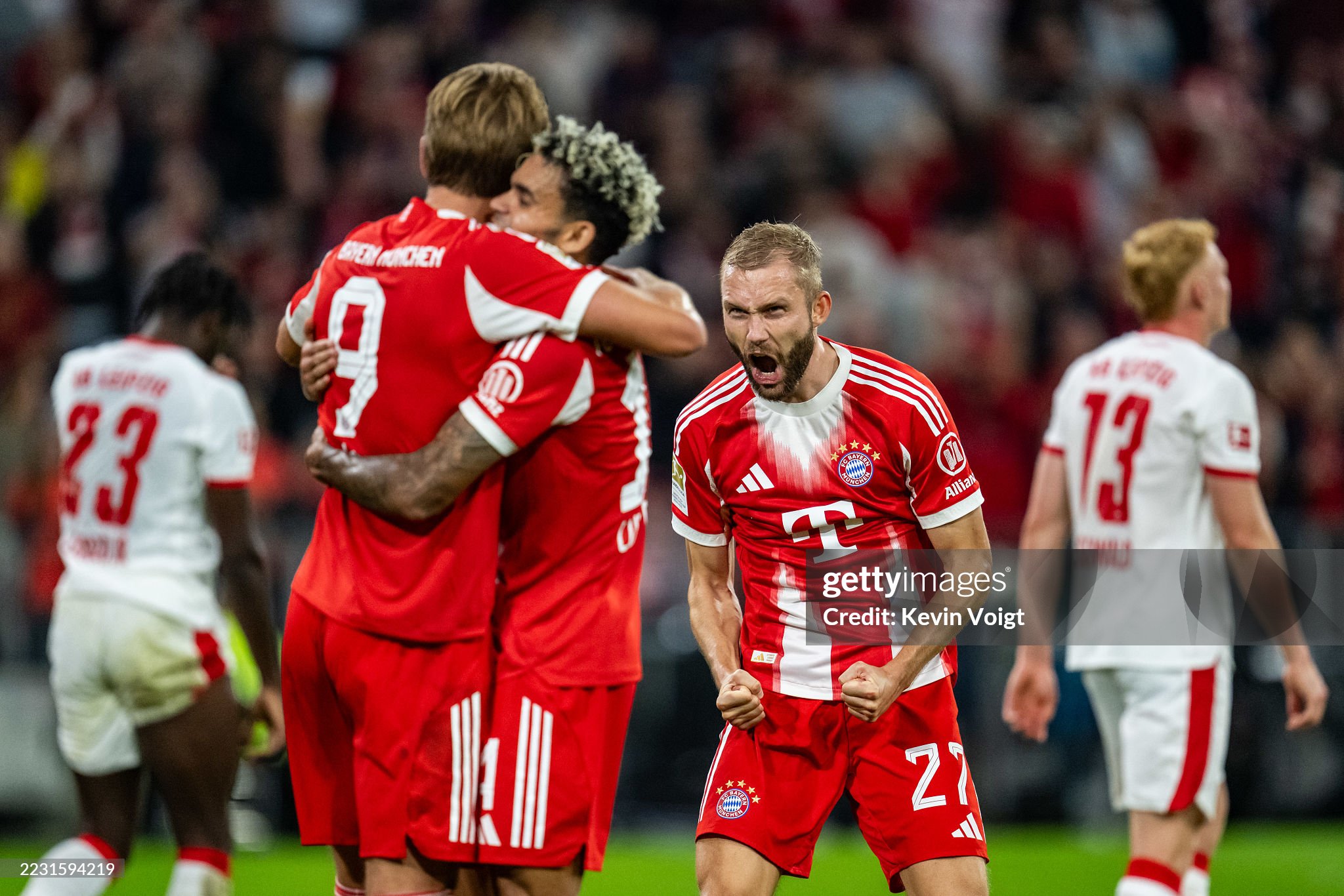The defeat against Chelsea (3-0) in the Club World Cup final does little to diminish Paris Saint-Germain's sublime season, but the way coach Luis Enrique's team expressed their frustration is a slight blemish on an otherwise historic year of success.
 Embed from Getty Images
Embed from Getty Images
PSG especially grew into an unstoppable force after the winter break, transforming from a team with occasional brilliance into a well-oiled machine that looked destined to conquer everything in its path.
Under Luis Enrique's management, Paris Saint-Germain began to display a rare combination of tactical flexibility, physical conditioning, and individual genius attributes that allowed them to overcome every obstacle in Europe with apparent ease.
Their European campaign, once again the primary objective for the Qatari-owned club, became a showcase of power. Arne Slot’s Liverpool, newly energized after Jurgen Klopp’s departure, were swept aside despite their tactical discipline and attacking threat. Arsenal, one of the Premier League’s most exciting sides under Mikel Arteta, were similarly unable to cope with PSG's relentless press and technical superiority. Then came the Champions League final against Internazionale, a team known for their defensive organization and physical presence. PSG dismantled Inter with ruthless efficiency, delivering a heavy defeat that not only secured their long-awaited Champions League title but also established them as the dominant force in European football.
With such momentum, the Club World Cup was viewed in Paris not just as another tournament, but as the opportunity to definitively cement this squad’s legacy as the greatest in the club’s history. Bayern Munich and Real Madrid both seasoned champions with vast experience on the world stage posed serious threats. Yet, both were dispatched with authority. Bayern’s physical power and Real Madrid’s technical mastery were both nullified by a PSG side playing with confidence, cohesion, and flair.
But then came Chelsea. Managed with precision and clarity, the London club entered the final as underdogs but left as deserved world champions. Chelsea executed a game plan that suffocated PSG’s usual fluidity. They pressed high, controlled the midfield battles, and exposed defensive lapses with clinical finishing. The final score of 3-0 wasn’t just a defeat it was a statement that on this particular night, PSG’s aura of invincibility was shattered.
The psychological impact of such a loss was immediate and visible. PSG, a squad filled with global superstars accustomed to being in control, visibly struggled with the frustration of being outplayed. Tempers flared during the closing minutes, and after the final whistle, incidents that would dominate the post-match discussion unfolded. João Neves, usually one of the more level-headed players, lost his temper and pulled Marc Cucurella's hair in a moment of blatant unsportsmanlike conduct. The situation escalated further when Luis Enrique, typically composed and respected, was seen shoving Chelsea forward João Pedro. For a manager of his stature, the action was shocking, prompting widespread criticism despite his later claims that he was trying to separate players and calm the tension.
These images of discord and frustration tarnished what had been, by all measures, the most successful season in PSG’s history. French newspaper L'Équipe captured the public mood perfectly: “PSG not becoming world champion is no big deal. But this image will stick after such an exceptionally long season.” The sight of a team losing its composure under pressure revealed that despite all the trophies, the psychological fortitude of PSG in critical moments still faced scrutiny.
In the aftermath, PSG captain Marquinhos attempted to shift the narrative back to one of pride and achievement. “Of course we wanted to win this trophy and bring it back to Paris, it was a golden opportunity. It’s a pity we didn’t succeed, but it doesn’t take away from the incredible season we’ve had. We’ve experienced unbelievable moments, and I think the fans are still proud of us despite the defeat,” he remarked. However, he was also candid in his analysis of the final. PSG, he admitted, played below their usual standards, lacked sharpness, and were physically outmatched. “Chelsea were simply better prepared, both physically and tactically. And we didn’t take our chances, which you can’t afford in finals.”
Club president Nasser Al-Khelaïfi, whose vision has long been to make PSG a global powerhouse, echoed the sentiments of pride but also introspection. “Of course we wanted to win this Club World Cup, but it’s difficult. The players gave everything, but they were tired. This was the best season in the club’s history, and we are immensely proud of the players and the staff. Maybe this defeat is good for us in some way. We must stay humble and keep building.”
The broader implications of the defeat, however, will linger. Questions will arise about the mental resilience of a team that, despite its lavish talent and recent triumphs, crumbled emotionally when confronted with adversity. The incidents involving Neves and Luis Enrique could lead to disciplinary actions, and internally, the club will likely reflect on how to better manage emotions in high-stakes situations.
For the fans, the season remains unforgettable. A domestic league title, a commanding Champions League victory, and an unprecedented journey to the Club World Cup final have etched 2024-25 into PSG's folklore. Yet, that final image of frustration and loss of control in the face of Chelsea’s brilliance serves as a cautionary tale that greatness isn’t just about winning, but also about how one loses.
PSG will return next season with even greater expectations and, undoubtedly, a point to prove. The challenge will not just be to replicate their footballing success, but to ensure that when faced with setbacks, they respond with the composure and dignity befitting true champions.
Updated: 11:57, 14 Jul 2025








